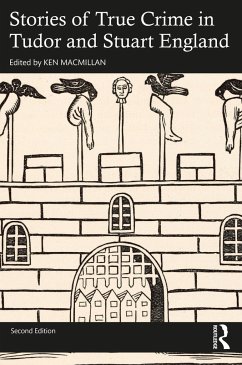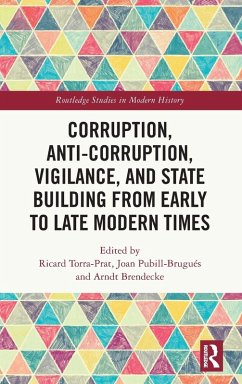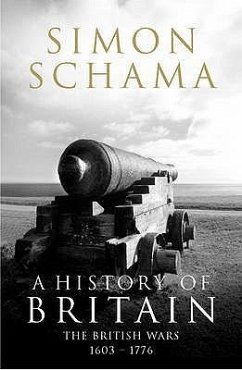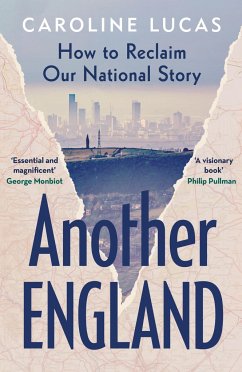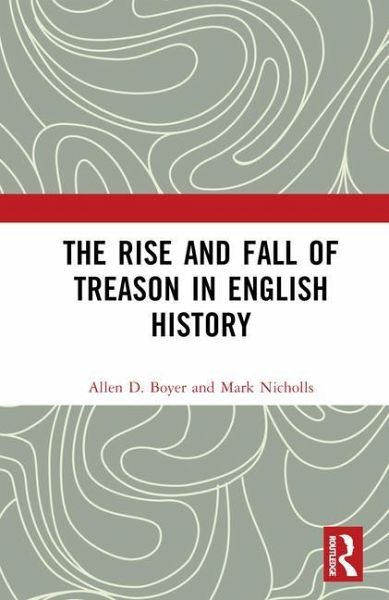
The Rise and Fall of Treason in English History
Versandkostenfrei!
Versandfertig in 6-10 Tagen
154,99 €
inkl. MwSt.
Weitere Ausgaben:

PAYBACK Punkte
77 °P sammeln!
This book explores the development and application of the law of treason in England across more than a thousand years, placing this legal history within a broader historical context.Describing many high-profile prosecutions and trials, the book focuses on the statutes, ordinances and customs that have at various times governed, limited and shaped this worst of crimes. It explores the reasons why treason coalesced around specific offences agreed by both the monarch and the wider political nation, why it became an essential instrument of enforcement in high politics, and why, over the past three...
This book explores the development and application of the law of treason in England across more than a thousand years, placing this legal history within a broader historical context.
Describing many high-profile prosecutions and trials, the book focuses on the statutes, ordinances and customs that have at various times governed, limited and shaped this worst of crimes. It explores the reasons why treason coalesced around specific offences agreed by both the monarch and the wider political nation, why it became an essential instrument of enforcement in high politics, and why, over the past three hundred years, it has gradually fallen into disuse while remaining on the statute book. This book also considers why treason as both a word and a concept remains so potent in wider modern culture, investigating prevalent current misconceptions about what is and what is not treason. It concludes by suggesting that the abolition or 'death' of treason in the near future, while a logical next step, is by no means a foregone conclusion.
The Rise and Fall of Treason in English History is a thorough academic introduction for scholars and history students, as well as general readers with an interest in British political and legal history.
Describing many high-profile prosecutions and trials, the book focuses on the statutes, ordinances and customs that have at various times governed, limited and shaped this worst of crimes. It explores the reasons why treason coalesced around specific offences agreed by both the monarch and the wider political nation, why it became an essential instrument of enforcement in high politics, and why, over the past three hundred years, it has gradually fallen into disuse while remaining on the statute book. This book also considers why treason as both a word and a concept remains so potent in wider modern culture, investigating prevalent current misconceptions about what is and what is not treason. It concludes by suggesting that the abolition or 'death' of treason in the near future, while a logical next step, is by no means a foregone conclusion.
The Rise and Fall of Treason in English History is a thorough academic introduction for scholars and history students, as well as general readers with an interest in British political and legal history.









